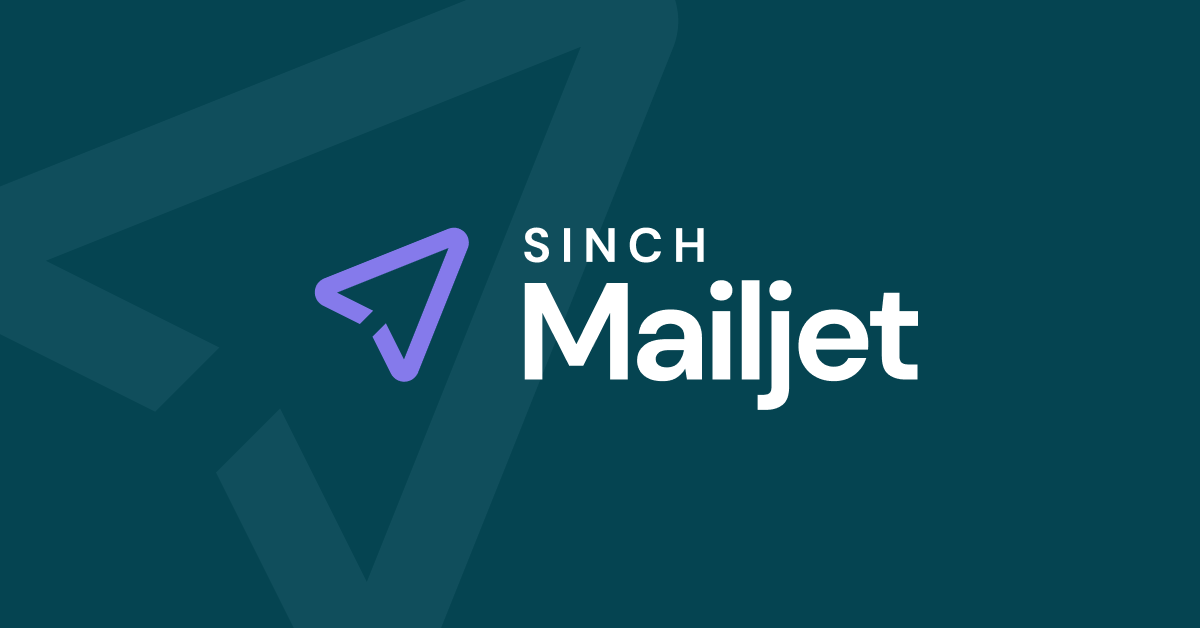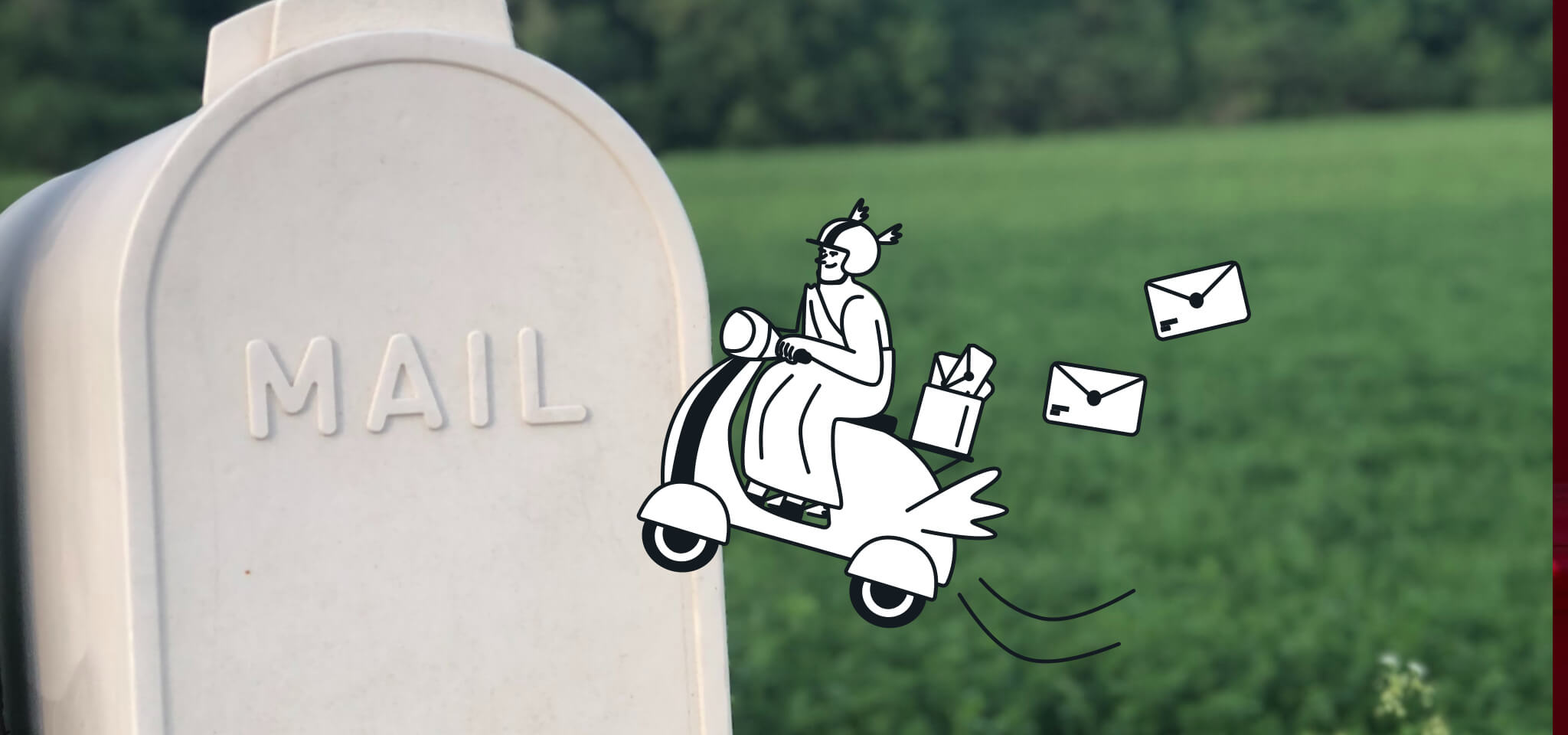Product
Go, Go Mailjet
We've released a new Golang wrapper that will make it easier than ever to manage contacts and process email.
PUBLISHED ON
Back in 2009, Google released a language called Go, often referred to as “Golang”. Go was introduced as a robust server-side programming language. Since then, it has never failed to fulfill its promises with low-level programming patterns and powerful data structures.
“Go is replacing the JVM and .Net as the de-facto enterprise language of choice” — Ian Eyberg
Today, we are releasing a new wrapper that will bring Go to your email campaigns. This wrapper will take your asynchronous email operations - like uploading contact lists or sending transactional emails, to a whole new level.
Like the rest of our wrapper library, this new addition packs the power of all Mailjet features inside your Go code. You’ll be able to manage your contacts, campaigns, send marketing or transactional emails through the API and receive your email, effortlessly and seamlessly.
“We want to expose Go to and educate people of different experience levels and backgrounds in order to generate fresh perspectives and ideas. This will enable Go to live outside of Google”. — Nicolas Garnier
With this new Go wrapper, all Mailjet endpoints are accessible in your projects. It's also "timeless" - when and as our APIs continue to grow, the wrapper will adapt with all future updates. For those who are new to Mailjet, the wrapper also comes with a full documentation so that you can hit the ground running and be ready to send from day one.
Table of contents
Sending email
Email is a powerful tool for developers, entrepreneurs and businesses of all shapes and sizes. As always, our dream is to see email integrated just about anywhere. We built this wrapper in mind, as an easy and intuitive tool to leverage the power of Mailjet within your Golang applications.
Hop on over here and get started today. We can’t wait to see what you build with the Golang wrapper! We’re currently working on a project ourselves - stay tuned for more.
What do you think we’re building with the Go wrapper? What would you build first? Let us know in the comments below! Pssst: we also launched our Developers focused Twitter account. Join us!





